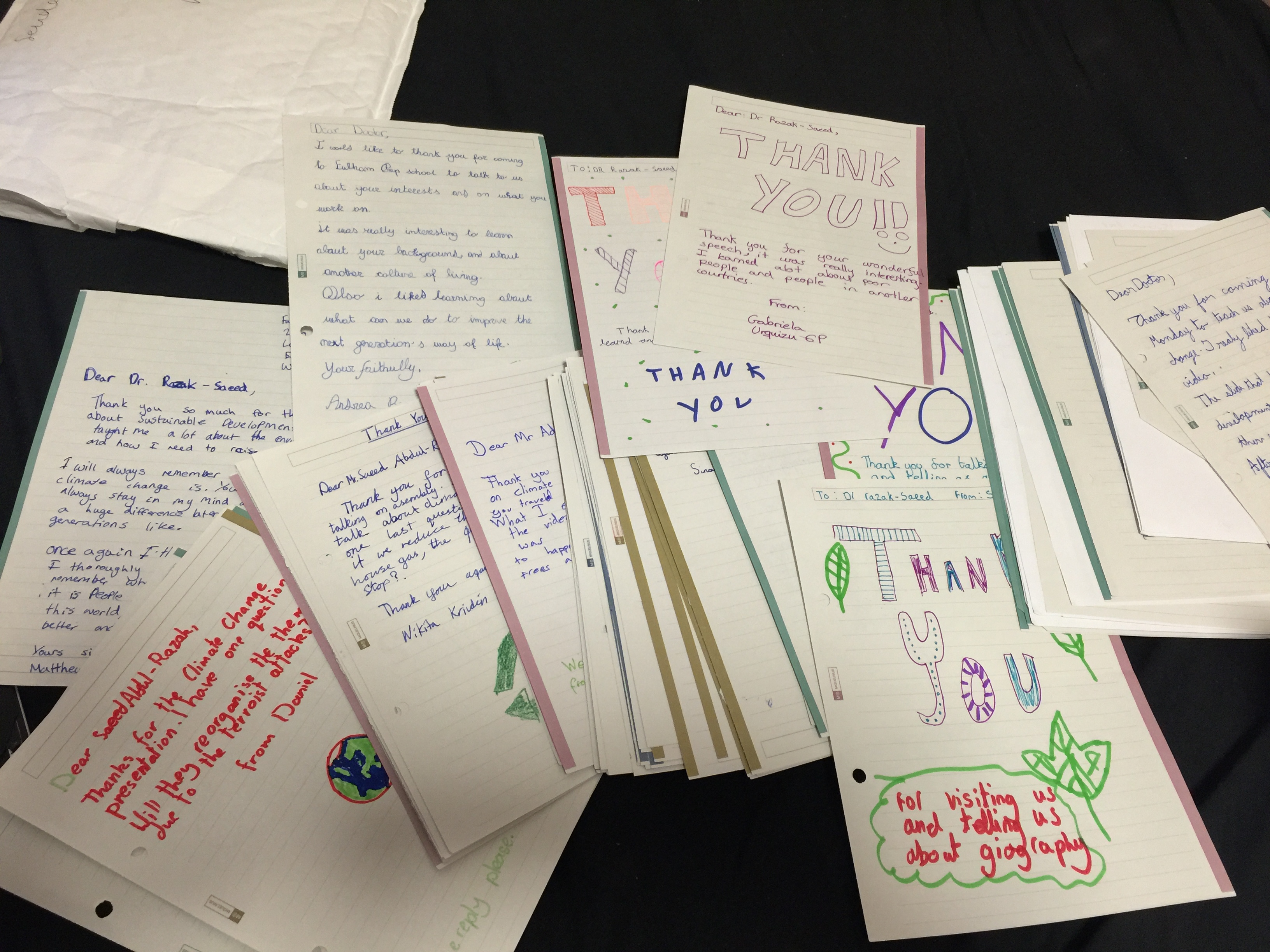 It is nearly that time of year again for the SAGES PGR Conference. May the 11th and 12th will see 17 third year students present their research to PGR students and staff from the whole school. There will also be posters and powerpoint slides on display from a total of 48 second and first year students. These presentations will be on a range of topics fitting into all of the University’s research themes; Prosperity and Resilience, Food, Health, Environment, and Heritage and creativity. This year in addition to these themes, the conference committee have also introduced sub-topics from the United Nation Sustainability Development Goals (SDGs). Many of these goals encapsulate key aims of research across the School and exemplifies the global outreach potential of our School’s research. These sub-topics include; Climate Action, Life on Land, Life Below Water, Responsible Consumption and Production, Clean Water and Sanitation, Good Health and Well-Being, Sustainable Cities and Communities, and Industry, Innovation and Infrastructure to name a few.
It is nearly that time of year again for the SAGES PGR Conference. May the 11th and 12th will see 17 third year students present their research to PGR students and staff from the whole school. There will also be posters and powerpoint slides on display from a total of 48 second and first year students. These presentations will be on a range of topics fitting into all of the University’s research themes; Prosperity and Resilience, Food, Health, Environment, and Heritage and creativity. This year in addition to these themes, the conference committee have also introduced sub-topics from the United Nation Sustainability Development Goals (SDGs). Many of these goals encapsulate key aims of research across the School and exemplifies the global outreach potential of our School’s research. These sub-topics include; Climate Action, Life on Land, Life Below Water, Responsible Consumption and Production, Clean Water and Sanitation, Good Health and Well-Being, Sustainable Cities and Communities, and Industry, Innovation and Infrastructure to name a few.
Given the disparate topics of research covered in the Conference, the Committee have also invited two external speakers, to reflect the broad academic interests of our research community. We also wanted these talks to reflect different aspects of post-PhD life including securing post-docs, interacting with external and government bodies, and securing funding and grant money to fund research projects. Therefore, Dr Jess Neumann will open the conference on the Thursday morning. Jess completed her PhD in Woodland Biodiversity and Agriculture at the University of Reading in 2014, and currently has a postdoc position looking at whether improved meteorological forecasts lead to more skilful flood forecasts in the Thames at seasonal timescales. To close the conference on the Friday afternoon, Professor Naomi Sykes from the University of Exeter will join us. Professor Sykes’s work has focused on reconstructing bio-cultural histories with an emphasis on presenting her research in a palatable and creative format. She has collaborated closely with a range of non-academic organizations worldwide and has worked with the United Nations towards the sustainable development goals.
We hope this year’s programme will be of great interest to our students and staff alike and showcase the interdisciplinary and world-leading research of our PGR community. For further updates and information on the conference, follow #SAGESPGR18 on Twitter and read the abstracts of talks below.











